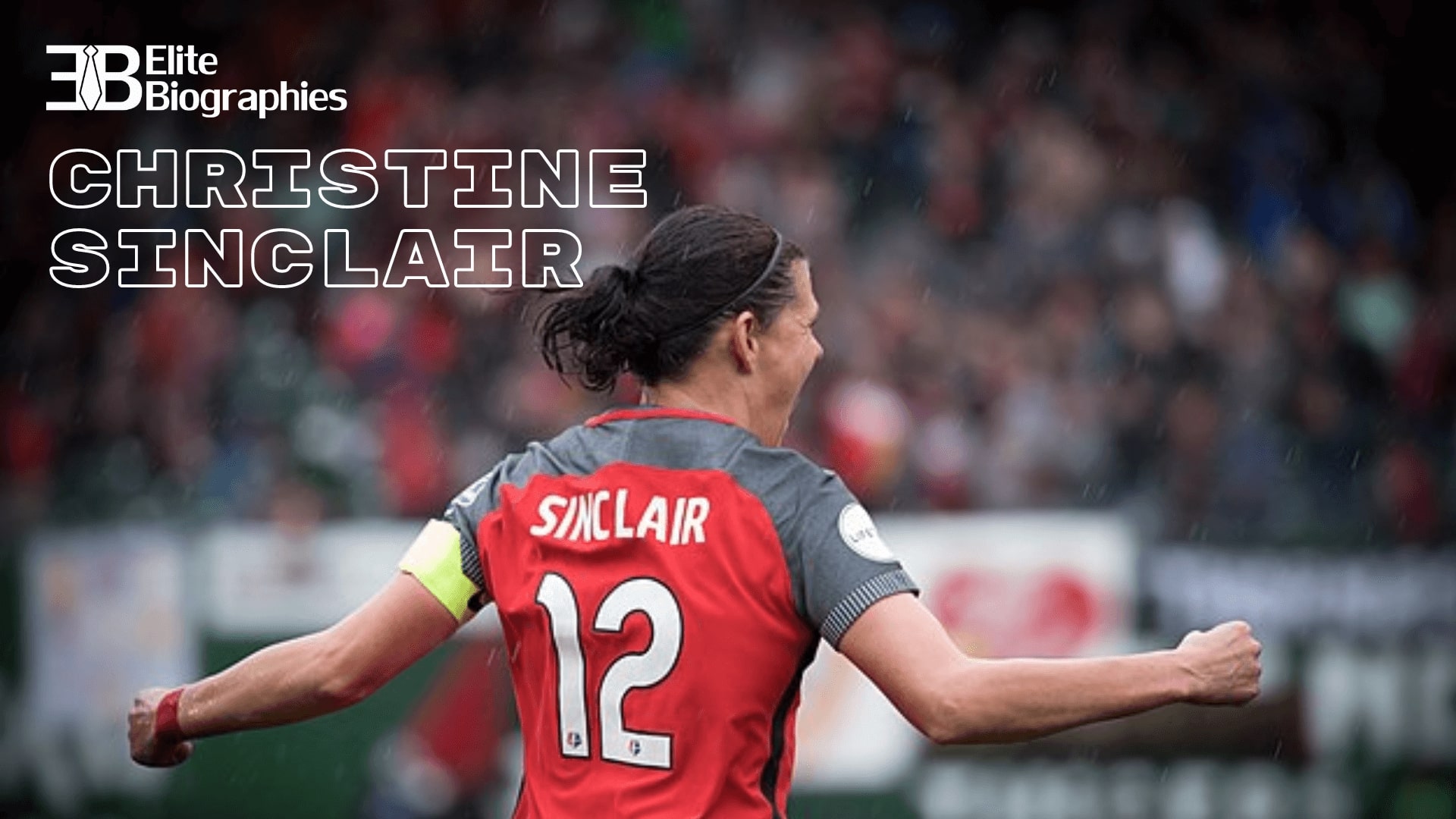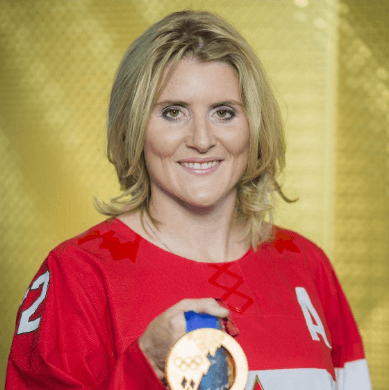Wayne Gretzky

Wayne Gretzky, often called “The Great One,” is widely considered the greatest hockey player of all time. His exceptional talent and skill revolutionized the game of ice hockey, setting a new standard for future generations.
Early life
Wayne Douglas Gretzky was born on January 26, 1961, in Brantford, Ontario, Canada. From a very young age, Gretzky showed an extraordinary passion and aptitude for ice hockey. His father, Walter Gretzky, built a backyard rink where young Wayne spent countless hours practicing. By the age of six, he was playing in leagues with boys much older than him, already displaying the hockey sense and skills that would later define his career. His youth was marked by phenomenal scoring feats in junior leagues, foreshadowing his future dominance in professional hockey.
At the tender age of six, Wayne Gretzky was already playing hockey with a team of 10-year-olds. His exceptional skills with the puck were evident even then, with his first coach, Dick Martin, noting his superior handling compared to the older children. Martin observed that Gretzky’s talent was so remarkable that it could overshadow other skilled players. To adapt to the oversized sweaters meant for 10-year-olds, Gretzky developed a habit of tucking his sweater into his pants on the right side, a signature style he maintained throughout his NHL career.
By the time he was 10 years old, Gretzky’s statistics were nothing short of prodigious, having scored an incredible 378 goals and added 139 assists in a single season while playing for the Brantford Nadrofsky Steelers. His extraordinary abilities started gaining wider attention, leading to media coverage beyond his hometown of Brantford, including a feature by John Iaboni in the Toronto Telegram in October 1971. His prowess was on full display at the 1974 Quebec International Pee-Wee Hockey Tournament, where he amassed 26 points representing Brantford. By the age of 13, Gretzky had already netted over 1,000 goals, marking the early signs of a legendary career in hockey.
Career
Gretzky began his NHL career in 1979 with the Edmonton Oilers, having played briefly in the World Hockey Association (WHA). He immediately made an impact in the league, earning the Hart Memorial Trophy as the NHL’s Most Valuable Player in his first season. Gretzky’s style of play was characterized by exceptional vision, intelligence, and precision, allowing him to anticipate plays before they happened.
During his time with the Oilers, Gretzky led the team to four Stanley Cup championships (1984, 1985, 1987, and 1988). In 1988, in a move that shocked the world of hockey, he was traded to the Los Angeles Kings, where he continued to excel and popularized ice hockey in Southern California.
Upon joining the Los Angeles Kings, Wayne Gretzky was promptly appointed as the team’s alternate captain. His influence was felt immediately, as he scored from his very first shot in the opening game of the regular season. This auspicious start propelled the Kings to their best opening run, winning four consecutive games and eventually securing a playoff spot. That season, Gretzky finished as the league’s second-highest scorer, closely surpassing Mario Lemieux of the Pittsburgh Penguins to clinch the Hart Trophy for Most Valuable Player.
In the Smythe Division semifinals, the Kings, viewed as the underdogs, were pitted against the reigning Stanley Cup champions, the Edmonton Oilers, Gretzky’s former team. Under Gretzky’s leadership, the Kings achieved a remarkable turnaround, overturning a 3–1 series deficit to triumph 4–3. Despite apprehensions about a negative reception in Edmonton, Gretzky was warmly welcomed. However, their journey ended in the next round, as they were defeated by the Calgary Flames, who subsequently claimed their first Stanley Cup.
In 1990, Gretzky’s prominence extended beyond the rink when the Associated Press named him the Male Athlete of the Decade. The Kings continued their trend of ousting defending champions in the first round, toppling the Flames in six games. Yet, their success was again short-lived, as they were eliminated in the second round by the Oilers, who went on to secure their fifth Stanley Cup, the first since Gretzky’s departure. Mark Messier, who took over as Edmonton’s captain, honored Gretzky in his post-championship remarks.
Gretzky’s arrival in Los Angeles heralded a significant surge in the sport’s popularity in the city, leading to increased attendance and sellouts for the Kings. Gretzky’s influence was instrumental in popularizing hockey in non-traditional markets within the United States. His tenure in Los Angeles coincided with the expansion of the NHL in California, marked by the addition of two new franchises, the Mighty Ducks of Anaheim and the San Jose Sharks. Moreover, his impact was felt across the Sun Belt, where his popularity encouraged the establishment of several new teams in the region.
He also played for the St. Louis Blues and the New York Rangers before retiring in 1999.
Gretzky’s NHL career was marked by numerous records, many of which still stand. He holds the record for most points in a season (215), and most goals in a season (92), and is the all-time leader in goals, assists, and points. His number, 99, has been retired league-wide in his honor.

Net Worth
Gretzky’s net worth is an estimated $250 million
Achievement
He had many achievements in his career, but here are some highlights:
NHL Records: Holds numerous NHL records, including:
Related Bios

Molly Fletcher
Once dubbed “the female Jerry Maguire” by CNN and ESPN, Molly Fletcher made a name for herself as a sports agent, ...
Read More
Chris Pronger
Chris Pronger is a former professional ice hockey player and Hall of Famer known for his exceptional skills and achievem...
Read More
Christine Sinclair
Christine Sinclair is a renowned Canadian soccer player, celebrated for her exceptional skill and leadership on the fiel...
Read More
Hayley Wickenheiser
Regarded as one of the greatest female hockey players of all time, Hayley Wickenheiser is a Canadian icon whose career i...
Read More